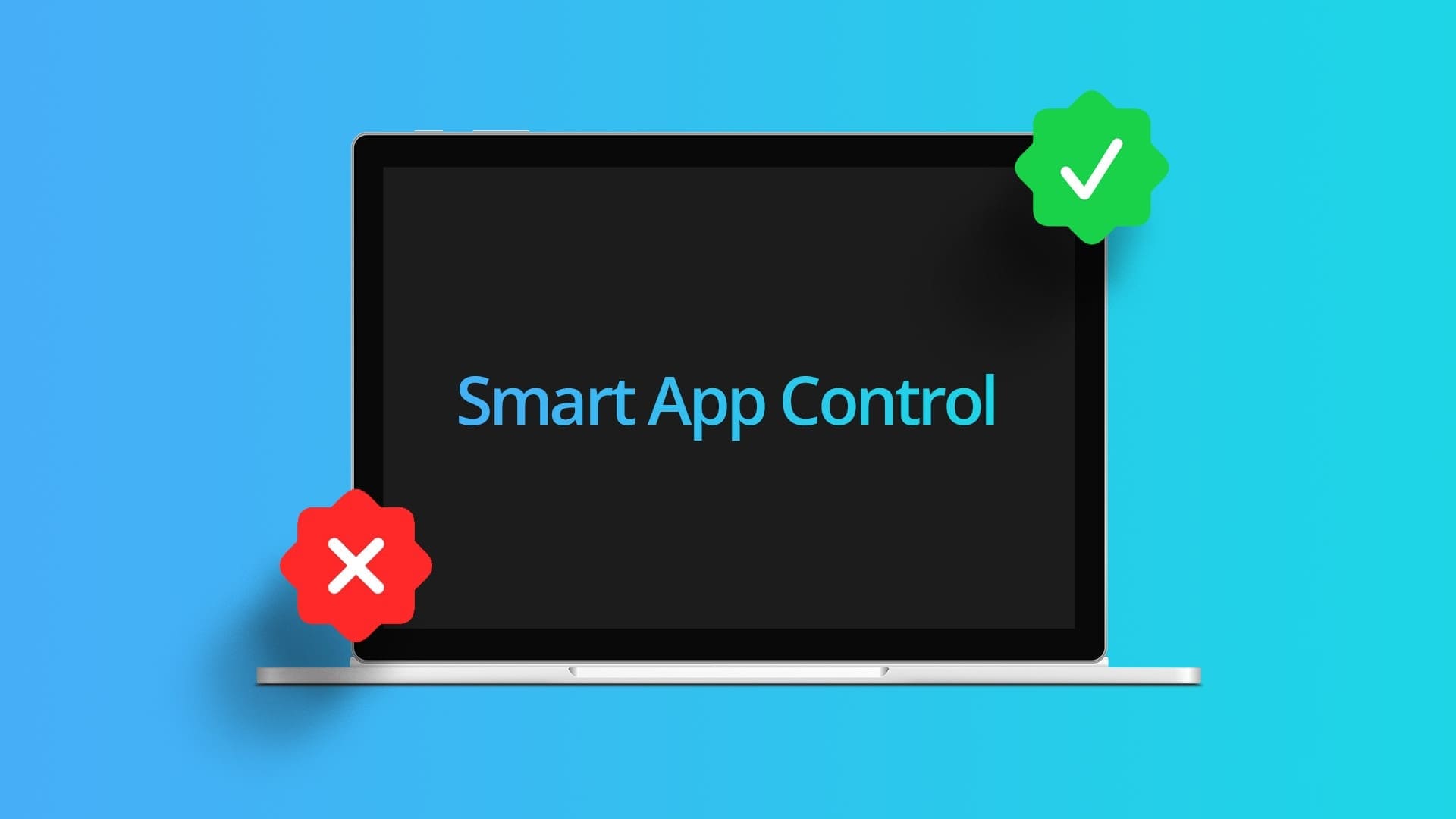- Smart App Control integrates into Windows 11 as a proactive AI-based defense system.
- Blocks unknown applications before they run, reducing risks and improving performance
- It works alongside Microsoft Defender, not replacing it, providing a double layer of security.
- The system evaluates software reputation and behavior by connecting to cloud databases.

Recently, Windows 11 security has received a significant boost with the arrival of a feature that has become almost essential for many users:Smart App Control. This is about an extra measure of protection that acts differently than typical antiviruses, providing an additional barrier against unknown threats before they can affect your PC.
Behind this function there is un intelligent system that decides, in real time, whether an application is safe or should be stopped, using the power of artificial intelligence and huge cloud databases.
Classic antivirus software remains key for devices, but the arrival of Smart App Control offers a new approach: block the doubtful before it is executedThis prevents potentially malicious software from even starting, protecting the user almost without them noticing and without affecting the computer's performance.
How Smart App Control Works in Windows 11
The essence of Smart App Control lies in its ability to examine any executable file before it is launchedThe system begins by comparing the application to a massive database of safe and potentially harmful software maintained in the cloud.
If the program has a reliable reputation and passes the filters, it can run without problems.. If you have no known references, the system analyzes the digital signature and, in doubtful cases, activates machine learning models to detect suspicious patterns in their behavior.
In practice, this means that Unknown binaries stop before loading, and execution is only permitted if the analysis concludes that there is no risk. This adds a layer of prevention that acts even before the software interacts with the operating system., nipping in the bud many infection attempts that traditional antivirus software might not detect at first.
Furthermore, by acting preventively, Smart App Control does not need to constantly scan for active processesThis has a direct effect on performance: the PC does not lose fluidity or resources, unlike what happened with continuous analysis by traditional antiviruses.
Differences with a conventional antivirus and advantages for the user
The big difference between Smart App Control and a conventional antivirus is that This control system acts in the pre-execution phase, while the antivirus only reacts when it detects something suspicious among active files. This makes it harder for new threats, those not yet in the signature databases, to infiltrate the computer.
The impact on the user It is doubly positive: on the one hand, it reduces exposure to emerging threatsOn the other hand, The team does not experience any slowdowns due to real-time analysisAdditionally, integration with the cloud and AI allows protection to always be up-to-date and alert to unknown software, without the user having to intervene or make technical decisions.
Another relevant difference is that, despite its effectiveness, Smart App Control does not completely replace an antivirus solutionIn fact, Microsoft defines it as a complement to Defender, forming a layered defense where SAC monitors from the front door and Defender cleans up what may already be inside the system.
What should you keep in mind when using Smart App Control?
Smart App Control is activated especially in clean installs of Windows 11 and may have limitations depending on the region and operating system version, with the most advanced options available primarily in North America and Europe. If you manually disable this protection, you won't be able to reactivate it easily; it usually requires a system reinstallation. Therefore, it's advisable to try it before deciding if it suits your needs, especially if you use custom software or unsigned development tools.
Businesses and users seeking maximum protection against new threats can especially benefit from this feature. However, developers or those who regularly need to run uncommon programs may find it restrictive, as once an app is blocked by SAC, There is no easy way to add exceptions.
On the whole, Smart App Control represents an evolution in the Windows protection strategy, leveraging proactive detection and artificial intelligence to minimize risks without sacrificing performance. Working together with Microsoft Defender ensures dual-layer protection against both emerging and known attacks.
Thanks to Smart App Control's innovative approach, Windows 11 users have an additional shield that strengthens the operating system's overall security, providing peace of mind and greater freedom of use without compromising performance. The combination of cloud-based predictive analytics, machine learning, and continuous monitoring puts Windows at a premium against the latest and most sophisticated threats.
I am a technology enthusiast who has turned his "geek" interests into a profession. I have spent more than 10 years of my life using cutting-edge technology and tinkering with all kinds of programs out of pure curiosity. Now I have specialized in computer technology and video games. This is because for more than 5 years I have been writing for various websites on technology and video games, creating articles that seek to give you the information you need in a language that is understandable to everyone.
If you have any questions, my knowledge ranges from everything related to the Windows operating system as well as Android for mobile phones. And my commitment is to you, I am always willing to spend a few minutes and help you resolve any questions you may have in this internet world.



